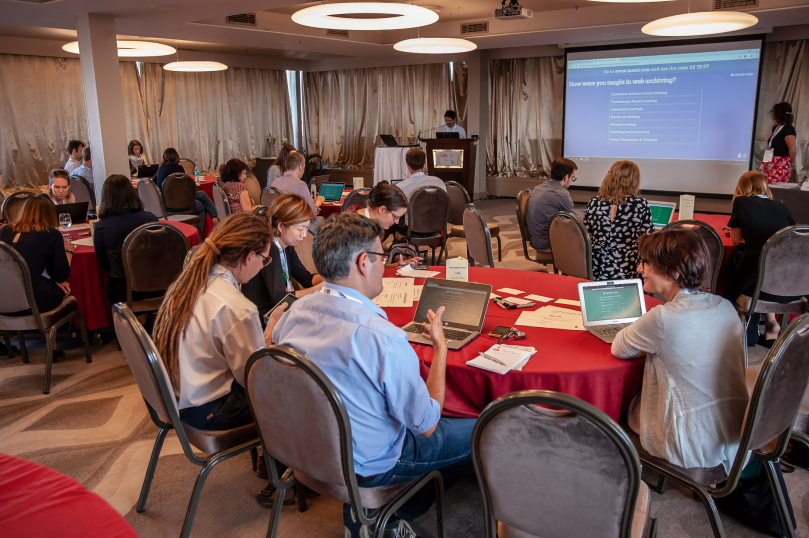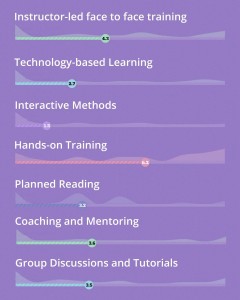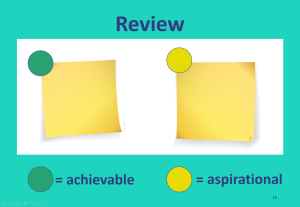By Friedel Geeraert, Scientific Assistant Web Archiving, KBR – Royal Library of Belgium
Last year I had the privilege of participating in the IIPC General Assembly and Web Archiving Conference in Zagreb for the first time as the representative of KBR (the Belgian Royal Library), who was at that time the youngest IIPC member. Last year KBR was involved in a research project called PROMISE that studied the question of web archiving at the federal level in Belgium.
The General Assembly provided good insight into the working of IIPC as an organisation. It was very interesting to participate in the reflection about the future form of IIPC during the General Assembly. According to member institutions the top three priorities for the coming years should be: 1) community-led tools, 2) providing platforms for sharing knowledge and 3) networking and support for innovation in research on the archived web. Furthermore, the reports of the Treasurer and Porgoramme and Communications Officer indicated the different possibilities of engaging with the organisation and other IIPC members: TSS (Technical Speaker Series) and RSS (Research Speaker Series) Webinars, Online Hours, the different working groups (Content Development, Training Working Group, Preservation, Research Working Group), the Discretionary Funding Programme. I took part in the workshops of the Preservation, Training and Research Working Groups which allowed me to discover different initiatives launched within web archiving institutions all over the world.
The Web Archiving Conference brought a plethora of developments within web archiving to light. A lot of focus was on outreach and on how to promote web archives (via library labs for example). Another theme was researcher interaction with web archives and opening up access to complementary files such as crawl and access logs, derivative files or documentation about curatorial decisions and Heritrix settings. The use of machine learning on archived web material was another recurring theme. From a curatorial perspective trending collection themes are minorities, emerging formats such as interactive fiction or retrospective web archiving. It was also stressed that divergent opinions should feature in a web archive in order to avoid curatorial bias. Furthermore, even though I don’t have a technical background, it was fascinating to discover new developments such as size reduction of indexes, Browsertrix or automated quality assurance.
On top of all that rich information, the networking possibilities were fantastic. Within the PROMISE project, we did an extensive literature review concerning web archiving initiatives in Europe and Canada. It was a wonderful opportunity to meet some of the web archivists and researchers I admire in person. It is safe to say that I came back inspired and with a head full of ideas for the Belgian web archive. I’m already looking forward to the next edition.



 Overall there were 56 points filled in on the post-it notes by participants in 6 different groups. These can be loosely categorised into 10 categories:
Overall there were 56 points filled in on the post-it notes by participants in 6 different groups. These can be loosely categorised into 10 categories: In the last workshop activity, participants voted, by using two coloured stickers, on what they considered most aspirational and most achievable training method.
In the last workshop activity, participants voted, by using two coloured stickers, on what they considered most aspirational and most achievable training method.